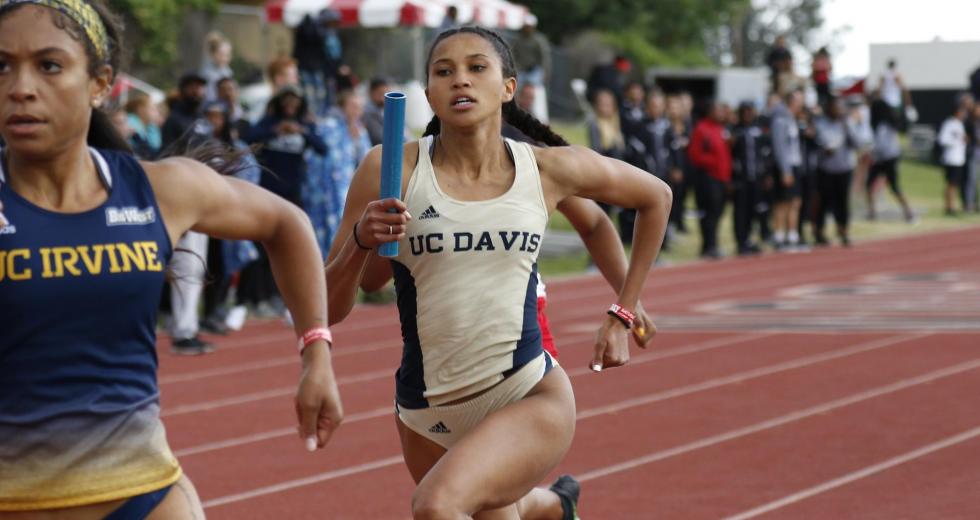UC Davis track and field athlete Xjaedah Williams was looking forward to making her debut in the high jump at the university’s first home meet in March. The senior hurdler had recently added additional events to her outdoor repertoire, including the 200-meter hurdles, high jump and long jump. But before she could complete, the spring sports season was abruptly canceled.
“At first I was a little shocked,” says Williams. “We didn’t really see it coming where the whole season would be canceled.”
The NCAA considered holding events without spectators, but it announced on March 12 that all remaining winter and spring sport competitions and championships would be canceled. The governing body cited the evolving health threat of COVID-19 and its inability to ensure that events would not contribute to the spread of the virus. As of now, the NCAA has indicated that it intends to hold fall championships, according to Michelle Brutlag Hosick, NCAA’s associate director of communications, but is continuing to monitor the situation closely.
Student athletes across a spectrum of spring sports found themselves sidelined from competition. Seniors were particularly affected, missing out on their final season and the closure that comes with the traditional senior day send off. “I never knew what it felt like to miss a sport until the pandemic happened,” says Williams.
Many student athletes requested an eligibility extension from the NCAA, making phone calls and posting on social media. Coaches and athletic directors joined the conversation. A petition was started on Change.org and garnered 100,000 digital signatures within days. Student athletes traditionally have four years of athletic eligibility; they were asking for an additional year to make up for the cancellation of spring sports.
With mounting pressure to grant the unprecedented extension, the NCAA voted March 30 to allow schools to provide spring-sport student athletes with an additional season. “I was checking social media every single minute to see what the decision was,” says UC Davis sprinter Fabio Kammler. “We were all pretty nervous about the decision coming down. Then we got an email from the coach confirming the good news.”
According to Kevin Blue, UC Davis director of athletics, the university will have between 15 and 20 returning student athletes across a number of spring sports. “Any eligible student athlete can make the decision to stay,” he says.
Even though the NCAA extended the eligibility by one year, it did not provide universities with any funding. “We had to figure out how to do it within the means and the budget that we have as a university, says Mark Orr, Sacramento State’s athletic director.”
Orr estimates that about 10-12 eligible Sacramento State student athletes (out of about 40) are taking advantage of the NCAA rule and returning. Most are baseball players. In some cases, student athletes have exhausted their scholarships and graduated, but colleges can still fund a scholarship within its existing budget.
Kammler graduated from UC Davis with a degree in managerial economics in June and was planning to pursue a master’s program at the London School of Economics. When the season was canceled, the German national reconsidered his options. “The opportunity to run track for another year definitely was a factor for me to stay here,” he says.
Other enticements included the financial feasibility. “The school really came through for me and made it possible,” says Kammler, who received a partial scholarship. “The department and the faculty really put a lot of effort into helping me and I had a really good feeling about staying for another year.” Kammler will be getting a master’s degree in applied economics from UC Davis during the 2020-21 academic year and then will pursue his MBA.
He has offers from the Yale School of Management and Columbia Business School for their MBA programs. Both schools have allowed him to defer his acceptance. “I think we take a little for granted the role students athletes play here at UC Davis,” Kammler says. “We have great opportunities to interact with senior athletic leadership staff to get their point of view and important updates, which I think played a big role in people’s decision to come back because of being welcomed and appreciated.”
In some cases, student athletes opted not to return. With only months left before graduation when the cancelation was announced, some already had jobs lined up or wanted to pursue other opportunities. “We had some student athletes who appreciated the NCAA giving them release to come back, but they wanted to get going and have their degree in hand and begin their career in their field of choice, and we support that as well,” Orr says.
To replace lost revenue from the cancellation of spring sports, UC Davis and Sacramento State reduced costs in a number of different ways, most notably with team travel. “The teams didn’t travel in the spring, nor did they incur any of the usual recruiting expenses that would be the case in a normal year,” says Blue. “That allowed us to reduce expenditures pretty significantly.”
Other cost control measures like leaving unfilled positions open and conducting meetings virtually rather than in person are being implemented. The university is also ramping up its fundraising efforts. “It’s hard to predict the future right now, but we are doing our best to continue our aggressive and thoughtful fundraising,” says Blue.
In April, UC Davis raised a record amount on its annual Give Day of more than $2.5 million, compared to just over $2 million last year. The athletics department used some of its donations for a COVID-19 relief fund for student athletes and to support the UC Davis Medical Center’s COVID-19 relief effort. “Interestingly, this was the highest Give Day we’ve ever had in terms of revenue,” Blue says.
Because of the small number of returning student athletes for both colleges, roster size was not significantly impacted. “We weren’t done with our recruiting in most of our spring sports, so it didn’t have a significant impact on us that way,” says Orr. At UC Davis, Blue says rosters may grow slightly, but not by much. “When there’s two or three people coming back on a team that otherwise wouldn’t have been there, that does impact the size of the team, but it’s not necessarily a major disruption.”
For Williams, who already had an additional season of winter indoor track eligibility left, the decision to stay for the entire academic year and compete in the outdoor season as well was an easy one. The human development major will be pursuing a master’s in public health and hopes to get into medical school through the military after she graduates. “The loss of a season has encouraged me to work 10 times harder for this season and enjoy the process of being a student athlete while I can,” she says. “It made me realize how much I truly love being a student athlete and that nothing is ever promised.”
—
Stay up to date on the effects of the coronavirus on people and business in the Capital Region: Subscribe to the Comstock’s newsletter today.
Recommended For You
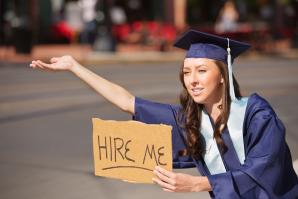
Learning to Pivot
New college grads are adapting to an economy and job market hard hit by the coronavirus pandemic
As college seniors finished their classes online, the impact of the coronavirus pandemic complicated their job prospects.
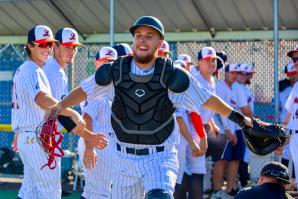
Photos: Organized Baseball Returns to the Capital Region
The Lincoln Potters play in historic McBean Stadium in downtown Lincoln, and the wood-bat California Collegiate League team averaged almost 1,000 fans per game during the 2019 season. This year, the Potters are just happy to be playing, even if fans aren’t allowed.
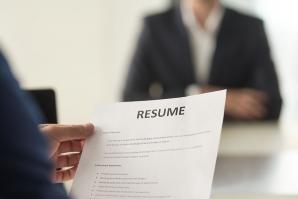
Waiting for Workers
Staffing agencies are ready to fill jobs as soon as companies begin rehiring
The combined region of Sacramento, Placer, El Dorado and Yolo counties lost 800 professional and business services jobs between February and March. Those job losses have affected local staffing agencies.
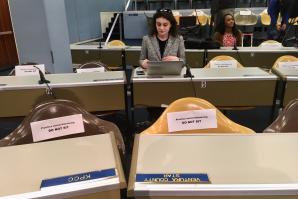
Facing Pandemic, California Takes Cover, from the Capitol to Disneyland
California’s governor took extraordinary action on Thursday, clamping down on public gatherings, ordering residents to follow public health rules, authorizing the state to commandeer hotels and medical facilities and whipping emergency officials into action to proactively stem the spread of the novel coronavirus.



